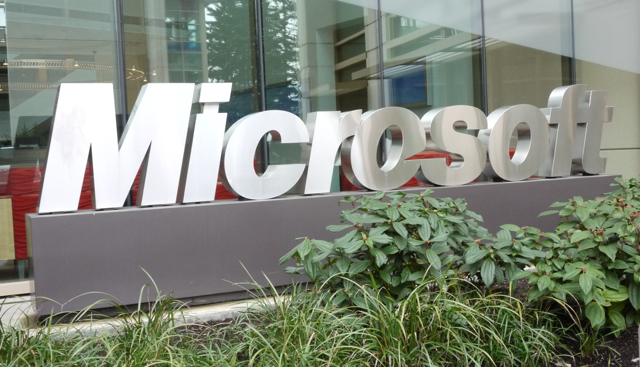Microsoft released .NET Core 1.0, a software development platform for Windows, Linux and Mac OS X operating systems, marking the first time that the company has officially supported the two primary competitors to its own operating system. The source code was originally released in 2014, for testing. Linux vendor Red Hat will support it on its Red Hat Enterprise Linux OS. Because .NET Core is open source, developers will be able to configure it to their needs as well as use it for free to develop their own applications.
Wired notes that Microsoft has traditionally only supported software running on its own operating system, but has had to change with the times, especially in supporting Linux, which has been increasingly used by “the world’s tech businesses, from Google and Facebook and Twitter on down… to build their online services and other technologies.”
Microsoft also offered another product for the first time on Linux: its SQL Server database software, which was introduced in a preview version.
Microsoft’s support for Linux comes at a time that Linux has replaced Windows Server in the dominant position in Internet servers. Open source programming languages and frameworks, says Wired, such as Ruby on Rails, Python and Google Go have become increasingly popular among coders.
“If you talk to any developer, they hold Visual Studio in high regard,” said Microsoft executive Julia Liuson. “Despite that, we were not as relevant to developers as we would have liked.”
Microsoft is betting that making .NET Core available on Linux and OS X will encourage developers to consider other Microsoft products such as Visual Studio, Xamarin, and Azure cloud services, edging out competitors Amazon and Google.
The allure of open source coding is that independent developers improve the platform for everyone, including the company issuing the software. For .NET Core 1.0, which Microsoft uses for its Azure cloud service, “about 18,000 developers from more than 1,300 different companies” contributed to its evolution. Microsoft is joining a strategy already pioneered by Facebook, which open-sourced its development framework React, and Google, which open-sourced its AI framework TensorFlow.


No Comments Yet
You can be the first to comment!
Sorry, comments for this entry are closed at this time.